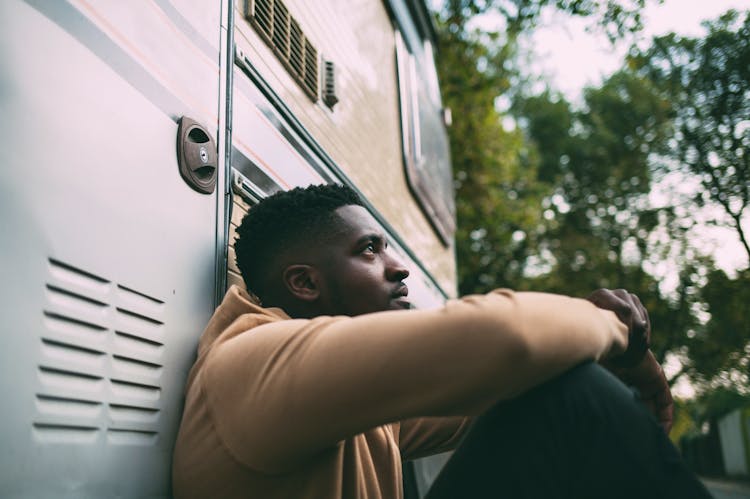Unpopular culture
Image Credit: Guvna B
Emily Parker,
8th Jul 2017
Tags:
Music
Interview
Culture
Jesus
Justice
People's opinions
Guvna B
Popular hip-hop artist and author of Unpopular Culture, Guvna B, talked with Emily about his book, the recent terror attacks in London and Manchester, and why he thinks it's important to spread love.
Emily: Why did you write your book?
Guvna B: So basically, I was on the way to the train station and I saw a billboard and it had a message that said something like “Always look out for number one.”
In my life I have heard lots of messages like that: try and make as much money as you possibly can, that kind of stuff. But what would happen if we said more unpopular things like, "You should look out for each other and be selfless and money’s not everything?"
Some of my most satisfying moments in life have come from acts of giving and that kind of stuff.
I wrote it because I realised that sometimes being selfless and looking out for other people and doing things God’s way can seem unpopular, but as people read the book, I hope that they realise that that’s the way that we should live life and it’s a lot more satisfying than just looking out for yourself.
The book is that big brother for anyone that wants to see the mistakes that I've made.
I didn’t have a big brother when I was growing up, so the book is that big brother for anyone that wants to see the mistakes that I’ve made and how they can find out what God has for them a bit sooner than I did.
Emily: Is it a challenge to yourself to live that unpopular lifestyle?
Guvna B: Yeah definitely!
It's hugely inspired by my struggles and my story of trying to find out who I was and my identity in developing good character.

Having grown up on the estate in East London to Christian parents, I felt like when I was at home or at church, they were pulling me one way, but then when I was on the estate and at school, I was being pulled in a completely different direction.
In mainstream culture, sometimes the things that makes people popular aren’t the right things that we should be doing.
It was a battle, because everyone has the urge to wanna be accepted and wants to be popular. But as you know, in mainstream culture sometimes the things that make people popular aren’t the right things that we should be doing.
Emily: In the book you talk about labels, and one of the sayings you refer to is 'labels are for boxes and objects and not for people'. How have you been able to stop the labels of the world become part of your identity?
Guvna B: It’s not just the world that wants to put labels on us. Sometimes we like to put labels on ourselves.

People feel more comfortable when they know where someone sits, or what box they fit in, but actually I learnt that when I became a Christian, Jesus set me free. Freedom means that I can be in whichever box I want to be in, whenever I want to be.
Emily: When you were growing up, were there lots of different labels that were put on you?
Guvna B: Yeah, definitely.
I was quite a cheeky boy and my teachers didn’t really know how to manage that. They labelled me stuff like the disruptive one, or the troublesome one.
It was kind of warranted to a certain extent, but sometimes labels and words are powerful and they can stick. You can start to feel like that’s the way you’re going to be forever.
The stuff that people have said to me doesn’t have to define the path that I take in life.
I just had to realise that the stuff that people have said to me, regardless of if they’re because of my own mistakes or not, they don’t have to define the path that I take in life.
Emily: One of your chapters in the book is called 'Fighting evil with justice', how have you found yourself responding over the last few weeks with the terrorist attacks in London and Manchester?
Guvna B: It’s kind of tough actually. Just a day before the book launched there was the Grenfell Towers tragedy and that was pretty overwhelming.

It felt bitter-sweet when the book came out, but then I was reminded that I wrote it for times like this.
Sometimes your own advice is the hardest to take, so I have to read that chapter again and realise that instead of cursing the darkness we can be a light. We can get around people and we can love people and give to charity and get on the ground and pray, rather than burying our heads in the sand.
We can be a light in dark times, because that’s the only way that we’ll overcome evil: by spreading love.
We can be a light in dark times, because that’s the only way that we’ll overcome evil: by spreading love.








